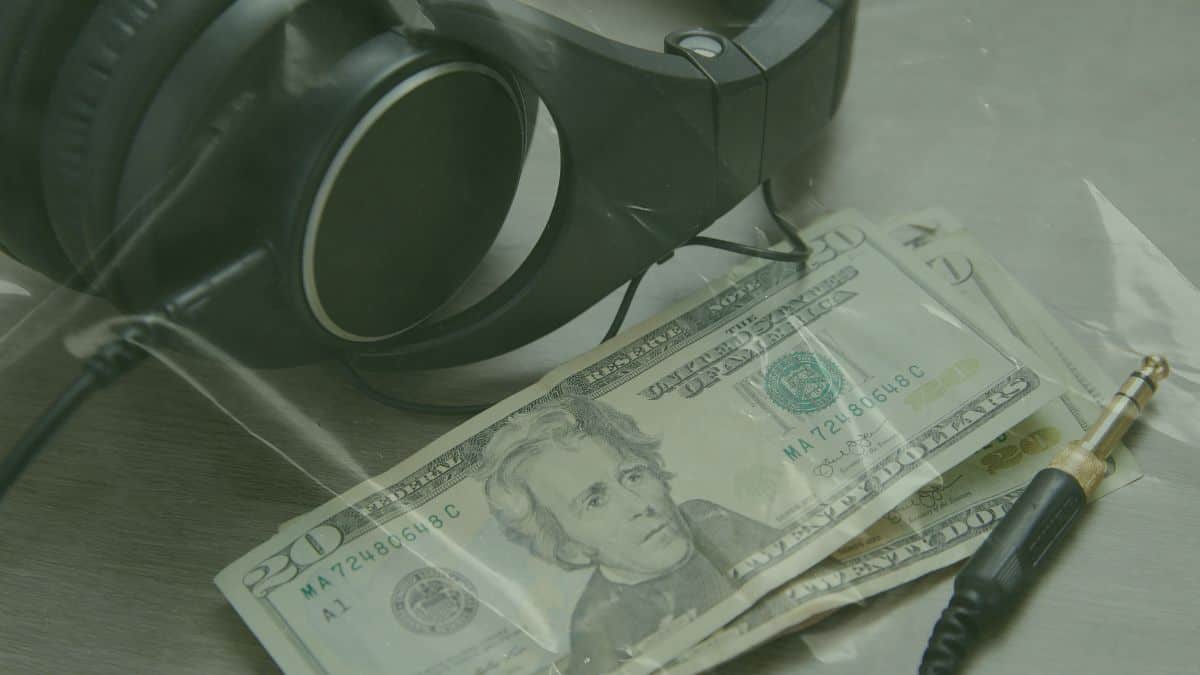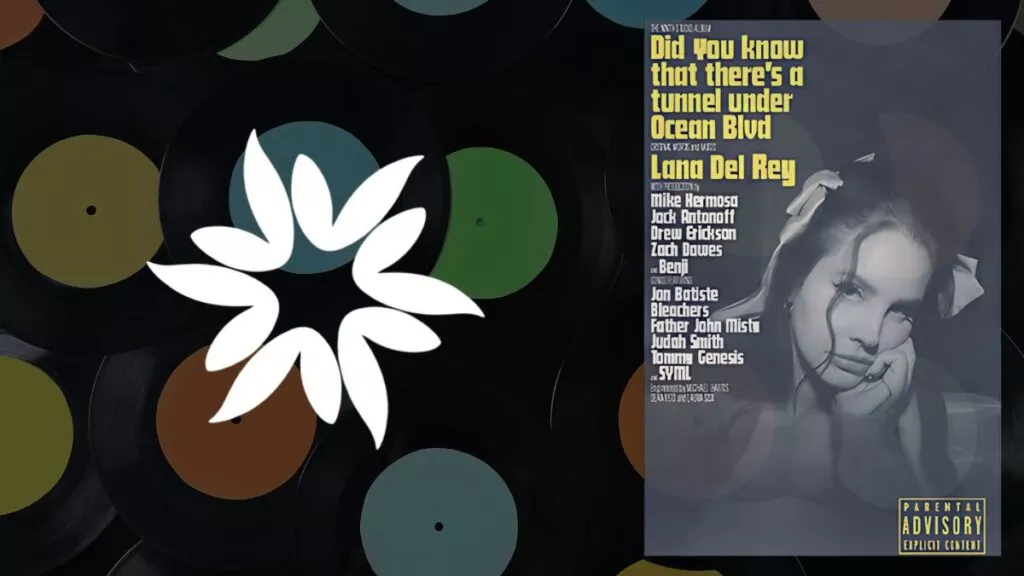Explore the discovery of over a million ‘manipulated’ tracks on streaming platforms, their impact on royalties, and the responsibility of digital music providers. Learn about the cultural trend of audio modification and its implications for the music industry.
Key Takeaways
- Over one million 'manipulated' tracks have been identified on major streaming platforms, including altered versions of popular songs.
- These unauthorized modifications potentially divert significant royalty earnings away from original copyright owners.
- The responsibility for preventing such fraud lies with streaming platforms while acknowledging the growing trend of audio modification as a cultural phenomenon.
Discovery of Over One Million “Manipulated” Tracks on Streaming Platforms
A groundbreaking study has revealed the presence of over one million “manipulated” tracks on streaming platforms like Spotify, Apple Music, and TIDAL. These tracks, often unlicensed, include altered versions of songs sped up, slowed down, or otherwise modified. This discovery by the tech company Pex has raised significant concerns about music fraud and its impact on rightful copyright owners.
Discovery of Manipulated Tracks
Pex’s analysis found that these manipulated tracks do not usually have legal licensing. Notable examples include Lady Gaga’s ‘Bloody Mary’ with 25 million streams and Childish Gambino’s ‘Heartbeat’ with 19 million streams. This phenomenon is limited to a few tracks but spans a wide range of music, indicating a systemic issue within the digital music distribution and streaming industry.
Impact on Royalties and Copyright
These manipulated versions are considered music fraud, potentially diverting millions of dollars from the rightful copyright owners in royalties. This misattribution and misappropriation of music tracks mean that many artists are not receiving fair compensation for their work. Pex CEO Rasty Turek highlighted that at least 1% of all music features some modified audio, often undetected by existing systems.
Platform Responsibility and Future Measures
Turek argues that the responsibility for this issue starts with the platforms themselves. If platforms like Spotify enforce stricter requirements for content verification, distributors will likely adjust their processes to comply. There’s a need to balance satisfying audience desires for modified content and ensuring proper attribution and remuneration for artists. Turek suggests a win-win approach where legitimate content is available but with correct attribution and compensation for the original creators.
Cultural Phenomena and Trending Modifications
Manipulated audio tracks have become a cultural phenomenon, with sped-up and slowed-down versions becoming increasingly popular. This trend is driven by fandom and the ease of modifying content using available tools. It points to a potential future where a significant portion of streaming content could be in some form of modified state. As the music industry continues to grow, there’s a risk that a substantial amount of revenue could be redirected from legitimate artists to others through these modifications.
The discovery of over 1 million manipulated tracks on streaming platforms has shed light on a significant issue within the music industry. Platforms and distributors must take responsibility for the content they host and ensure proper attribution and compensation for artists. As this trend of modified content grows, it’s crucial for the industry to adapt and find ways to satisfy both the audience’s desires and the artists’ rights. The challenge lies in balancing the demand for modified content with the need for fair and transparent royalty distribution.








